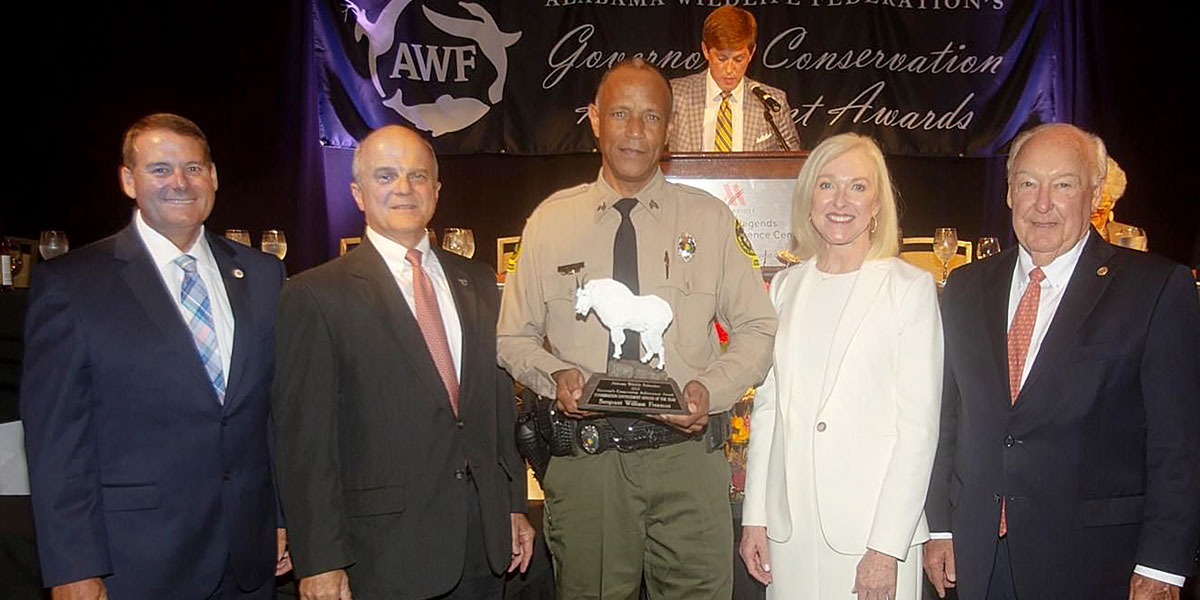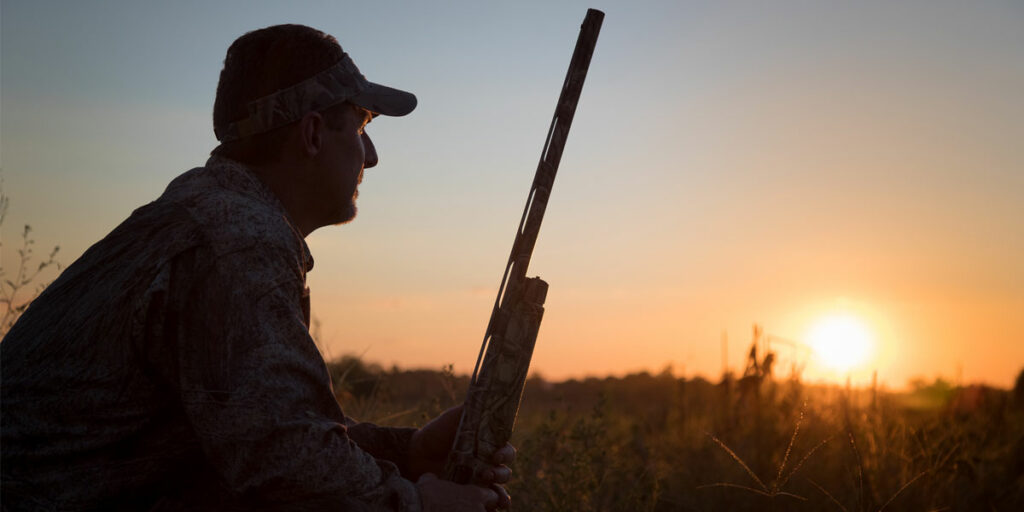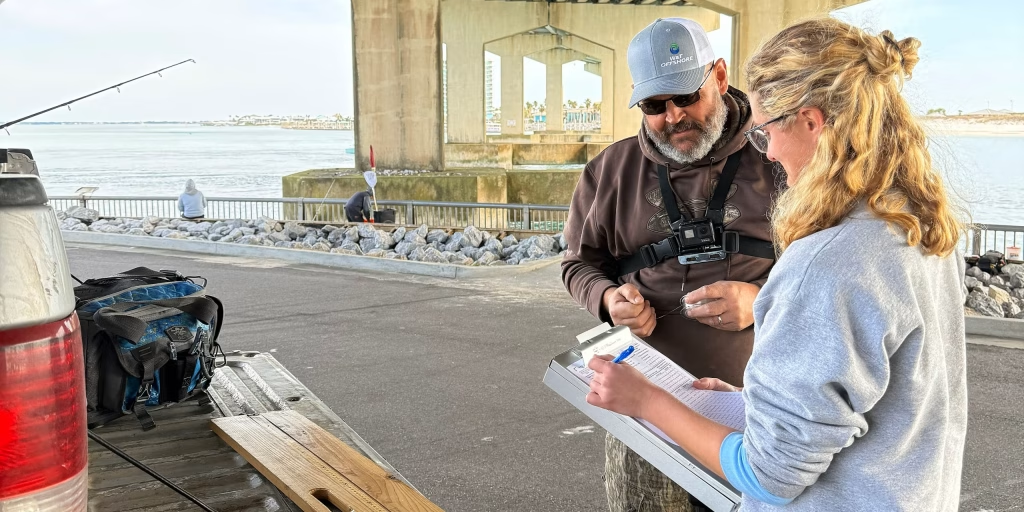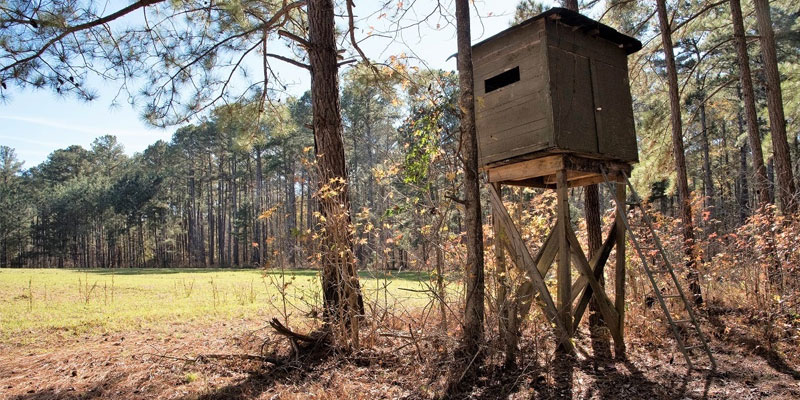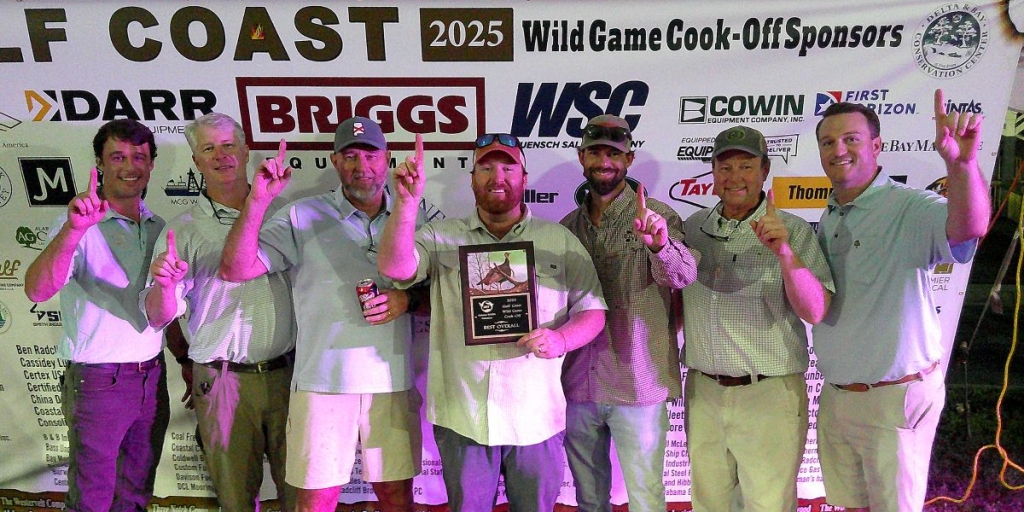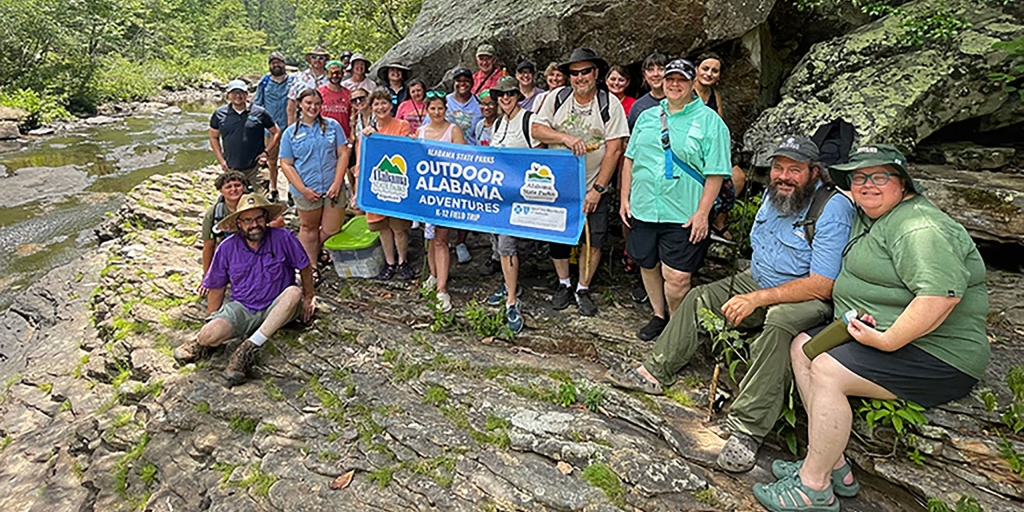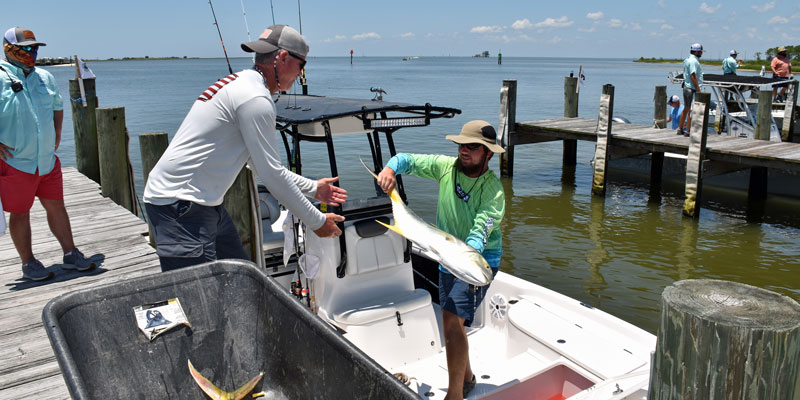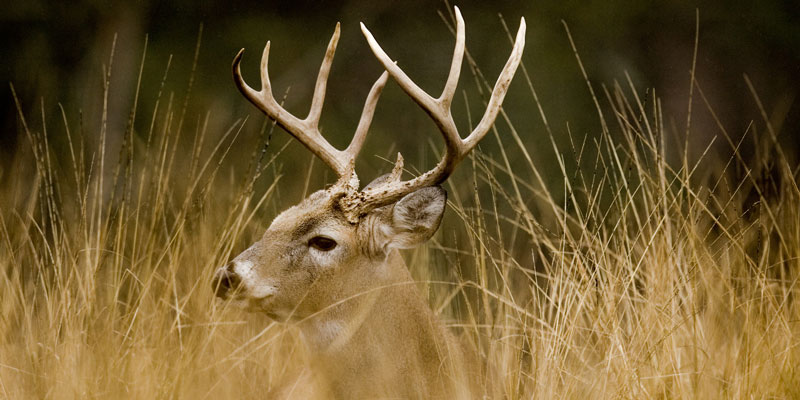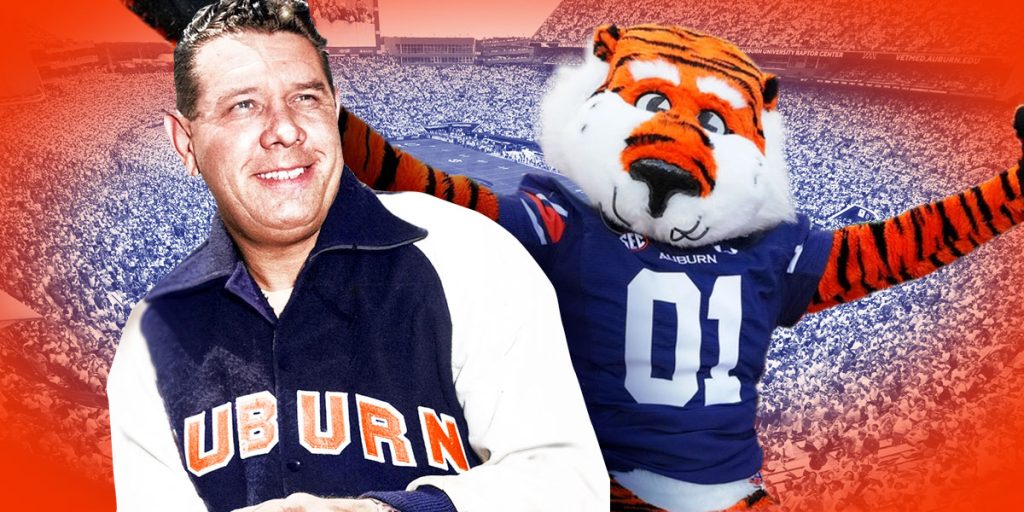The adage that if you love your work then you’ll never work a day in your life can be applied to Bill Freeman since 2014.
Freeman, a Conservation Enforcement Officer with the Alabama Department of Conservation and Natural Resources’ Wildlife and Freshwater Fisheries Division, has significantly expanded the role of what most people call the game warden. His work was recently recognized by the Alabama Wildlife Federation. Sgt. Freeman received the Governor’s Conservation Achievement Awards Wildlife Conservation Officer of the Year award.
“The award really means a lot because I do a lot of the outreach, diversity and inclusion work for the Department, which is basically R3 (Recruit, Retain, Reactivate),” Freeman said. “Just by them noticing what has been going on and the work that has been going on, I think it’s monumental.
“The goal is to bring new people into the landscape. Being a game warden is changing. We’re public servants, and we’re getting more into education and outreach. They recognized the importance of this work. I was very honored to receive the award.”
Freeman said the role of the game warden started to shift under a directive from WFF Director Chuck Sykes about nine years ago.
“In my opinion, where we were solely focused on policing of the resources and the laws pertaining to the resources, now we recognize it’s a great opportunity to engage with the public and educate them about the resources that we are blessed with here in Alabama,” Freeman said. “We want to promote diversity in our constituents. We’re reaching out into communities we haven’t traditionally reached out in. We’re including everyone, from hunters and anglers to bird-watchers and kids to let them know how conservation affects their lives.
“I started on it immediately after I was hired in 2014, and it’s just taken off. With our non-governmental organization (NGO) partnerships, the whole department is getting behind the effort to provide the resources to all Alabamians, not just hunters and anglers.”
Freeman also started an outreach effort to the historically black colleges and universities (HBCUs) in Alabama soon after he became an officer. What started with HBCUs has now expanded to other universities.
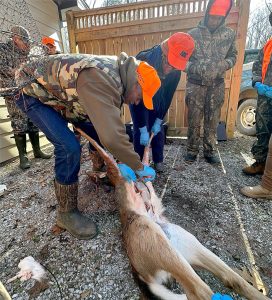
“My goal with the universities is to invite them to the outdoors, which is open to everybody regardless of what they look like or where they come from. My end goal is to introduce them to hunting, fishing and the shooting sports. And that’s happening. We’re conducting classes on the campuses, and I lecture. I lecture at Auburn almost every year. At Tuskegee, I help with research and data collection on different topics. Right now, it’s feral hogs. We trap every Friday. I’m teaching them how to trap and collect the data. We also have groups, like the Natural Resources and Conservation Club at Tuskegee.”
One of the programs conducted last year was a crossbow hunt at Oak Mountain State Park near Birmingham with students from Alabama A&M and Tuskegee.
“It was a collegiate crossbow hunt on Oak Mountain,” Freeman said. “They learned how to be proficient with a crossbow, learned about habitat and biology of the white-tailed deer. We went out and hunted and harvested a deer. Then we went into field dressing, skinning and preparing the meat for the table. When they left, the meat was in baggies. We went through all the cuts of meat, the whole nine yards. The students are very enthusiastic. I think the reason the people in the younger crowds are hunting more is because of the quality of the meat. The meat processing of that deer was the most exciting and what they enjoyed the most. What we’re seeing is that all the events are widely attended by females because of the food quality, and they’re teaching their children how to hunt.”
Freeman said the outreach program is having a significant impact on those students, and some are taking it to the next level.
“What I’m seeing through this work and our partnerships, I’ve got students who are going into wildlife fields,” he said. “One is going to work with DU (Ducks Unlimited) and one with the (U.S.) Forest Service in the Smoky Mountains. I’m seeing these students in careers where there haven’t been a lot in the past. We want to create pathways for these students into outdoors fields as well as producing hunters, anglers and shooters. It’s accomplishing a lot. Hunting and fishing is a community and they’re accepted.”
One student Freeman worked with at Auburn, Olivia Wilks, participated in several WFF events and was recently hired by WFF as an assistant R3 coordinator.
“I got to see that from seeing her in class to now working with her,” Freeman said. “It’s progressed from where we were mentoring her to where now she mentors other students and other participants. That’s a great success story.”
Captain Heath Walls, Assistant Chief of the WFF’s Enforcement Section, said Freeman sets an example for current and potential CEOs.
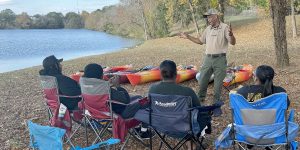
“Bill is just a hard worker,” Walls said. “He does recruiting, hunter ed and R3 events. At the same time, he still covers complaints as an enforcement officer in Bullock County, where he lives. It’s amazing how much ground he covers and still takes care of everything. The way he represents himself and the Department always leaves a positive impression.”
Justin Grider, WFF’s R3 Coordinator, said Freeman is an integral part of the Division’s R3 outreach.
“Bill always goes above and beyond,” Grider said. “A lot of folks who work here can attribute their time with Bill as the reason they came to work here. He’s had a major impact on our agency and agency culture. He’s just a great guy. I can call him at a moment’s notice and count on him being there. He handles continued training of our officers, and he recently traveled to our handicap accessible facilities to make sure they are in compliance.
“He’s streamlining our collegiate outreach so the students can go hunting, fishing, shooting and trapping. But it’s also opening up opportunities for the students to pursue careers in the outdoors. When students go back to their communities and continue to be involved in the outdoors, it has a big impact on the communities.”
Freeman added, “I’m just really privileged to do this. It almost brings tears to my eyes when I talk about it, because I’m seeing something that was an idea take shape. These students are getting jobs, and we’re going to be able to reap the benefits of this because there are going to be more careers available, making us more relevant. I’m just honored to do this work.”




